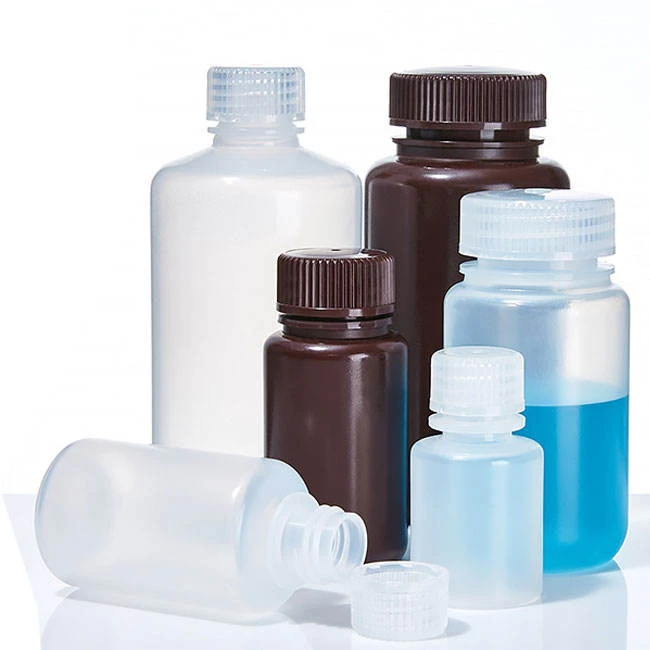recycling empty prescription bottles
Recycling Empty Prescription Bottles A Step Towards Sustainability
In our increasingly eco-conscious world, the importance of recycling has never been more pronounced. One area that often goes unnoticed in recycling discussions is the disposal of empty prescription bottles. Millions of these bottles are discarded every year, contributing to the growing crisis of plastic waste. However, by understanding the significance of recycling prescription bottles and implementing simple strategies, we can make a meaningful impact on our environment.
The Problem with Prescription Bottles
Prescription bottles are typically made from high-density polyethylene (HDPE), a type of plastic that is widely recyclable. Despite this, many people do not consider recycling their empty medication containers. Instead, these bottles often end up in landfills, where they can take hundreds of years to decompose. This is concerning not only because of the volume of waste but also due to the potential for environmental contamination as plastics breakdown into microplastics.
Understanding the Importance of Recycling
Recycling prescription bottles is crucial for several reasons. Firstly, it helps to reduce the amount of plastic waste that contributes to the increasing pollution of our ecosystems. By recycling, we can conserve energy and natural resources that would otherwise be used to produce new plastic products. Moreover, recycling helps reduce greenhouse gas emissions associated with the production and disposal of plastic.
Secondly, recycling prescription bottles promotes the idea of circular economy. In a circular economy, products are designed for reuse and recycling, maintaining their value for as long as possible. This system reduces reliance on virgin materials and fosters sustainable practices within communities.
How to Recycle Prescription Bottles Safely
To effectively recycle empty prescription bottles, it is important to follow certain guidelines. Firstly, patients should ensure that all personal information, like names and prescription details, is removed from the label. This can typically be done by either peeling off the label or using black marker to thoroughly obscure the information.
recycling empty prescription bottles

Next, bottles should be rinsed to remove any residue from medications. This step is essential not only for the recycling process but also to prevent any potential contamination in recycling facilities. After cleaning, the bottles can be placed in the recycling bin if your local recycling program accepts them. It is advisable to check with local authorities to ensure that prescription bottles can be recycled in your area, as recycling protocols can vary widely.
Alternative Uses for Prescription Bottles
If recycling options are limited in your area, consider repurposing your empty prescription bottles. They can be used for a multitude of purposes, such as organizing small items like screws, nails, or craft supplies. They can also serve as travel-sized containers for toiletries, storage for first aid supplies, or even as plant pots for small succulents. Creativity in reusing these containers extends their lifecycle and further reduces waste.
Community Initiatives and Programs
Many communities and healthcare facilities are increasingly recognizing the need for proper disposal methods for prescription bottles. Some pharmacies and health organizations offer take-back programs where individuals can safely return their empty medication containers for recycling. Participating in these initiatives can not only help promote safe recycling but also ensure that materials are handled properly.
Moreover, educational programs aimed at raising awareness about the importance of recycling prescription bottles can empower patients and consumers to take action. Schools, local governments, and environmental organizations can play a key role in disseminating information and providing the necessary resources for effective recycling.
Conclusion
Recycling empty prescription bottles is a simple yet impactful action that contributes to a more sustainable future. By understanding the significance of proper disposal methods, individuals can play a crucial role in reducing plastic waste and promoting environmental health. Whether through recycling or creative reuse, every effort counts in the fight against pollution and resource depletion. As we continue to navigate the challenges of our modern world, let us commit to making informed choices that benefit both ourselves and the planet. Together, we can turn the tide on waste and embrace a more sustainable lifestyle.
-
Aesthetic Makeup Spray Bottles | Fine Mist Empty RefillableNewsAug.19,2025
-
White Plastic Veterinary Vaccine Vials | Lab Liquid BottlesNewsAug.18,2025
-
Plastic Medicine Liquid Bottle: Secure Flip Top Drug VialsNewsAug.17,2025
-
Durable 250ml Blue Plastic Vaccine Vial for Lab & Vet UseNewsAug.16,2025
-
Sterile Virus Sample Tubes: Secure & Reliable Specimen CollectionNewsAug.15,2025
-
White 250ml Plastic Vaccine Vial for Lab & Vet MedicineNewsAug.14,2025
























